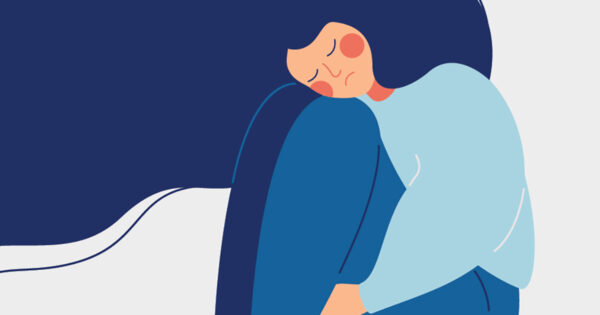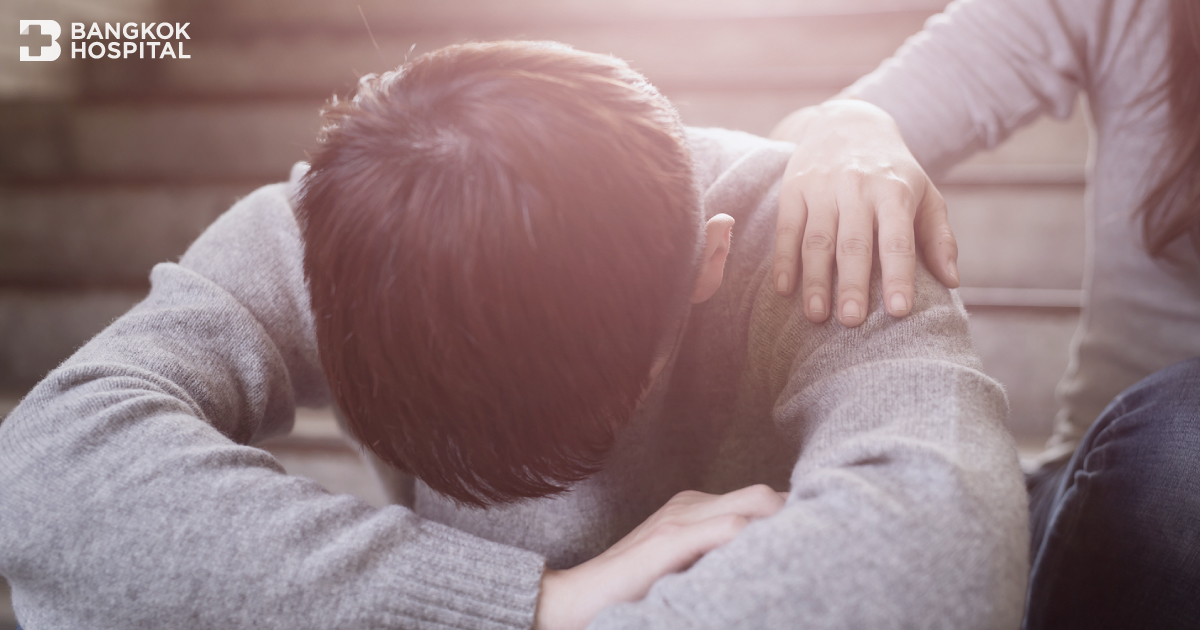Depression is a common mood disorder with a lifetime prevalence of up to 12%. It is more common in women than in men and can be found in all age groups, especially when triggered by adverse events that affect emotions, such as loss, disappointment, or divorce. Having depression does not mean that the individual is weak, a failure, or incapable, as there is medical evidence that part of the cause of depression is due to abnormal brain function. Nowadays, depression can be treated with medication and psychotherapy. Without treatment, it can affect daily life, work, and relationships with others, leading to a more severe depressive condition, such as delusions, auditory hallucinations, thoughts of self-harm, or suicide
Causes of Depression
-
Brain disorders, such as neurotransmitters, hormones, and neural circuitry
-
Individuals with a family history of mood disorders are more likely to suffer from depression, although those without a family history can also develop the condition.
-
The mental state of each person due to upbringing, environment, and adverse life events, which affects the thought process and self-perspective, such as pessimism, hopelessness, or lack of self-esteem
-
Depression can be caused by other disorders such as physical illnesses (thyroid, epilepsy, dementia, etc.), certain medications, substance abuse, bipolar disorder, anxiety disorders, etc.
Symptoms of Depression
Individuals with depression often exhibit the following symptoms for at least two weeks:
-
Isolation, withdrawing from society
-
Feeling sad, defeated, and hopeless
-
Feeling worthless
-
Constant guilt and self-blame
-
Lack of interest or pleasure in activities
-
Slower movements or restlessness
-
Tiredness and fatigue all the time
-
Decreased concentration, reduced ability to think and make decisions
-
Loss of appetite or increased appetite
-
Sleeping more or less than usual
-
Thoughts or attempts of suicide
-
Problems in work and social life
Treating Depression
The primary treatments for depression include counseling, psychotherapy, and antidepressant medications. Patients with severe symptoms may require hospitalization. Most patients can improve to the point where they can work and live a normal life with appropriate treatment.






